Last Updated on August 18, 2020 by
Being on a wildlife safari is a thrill and I always look forward to my vacations in Indian jungles. Whether you are in India or Africa, a safari is a once-in-a-lifetime experience, but charting a course to a far-flung destination can get extremely complicated, especially for the first-timer. Since the process is a bit overwhelming, these top tips and handy hints put together will guide you in planning Safari in Africa.
Table of Contents
Ask an expert about Safari in Africa
Trips to the wilds of Africa are intended to conjure up long-lasting memories, therefore, this is one time you should let an expert who knows the lay of the land craft it for you. With hundreds of options available in every destination, you won’t even know how to narrow it down to find the best African safari tour operator. This is why it is a great idea to consult someone who knows more than all the glossy brochures you see.
Take time out to go through the itinerary in detail. Reconfirm what is offered, check the number of game drives per day and other specifics as mentioned in the contract. Finally check the timings of the starting and ending dates. Do not rush into any deal, no matter how good it may sound.
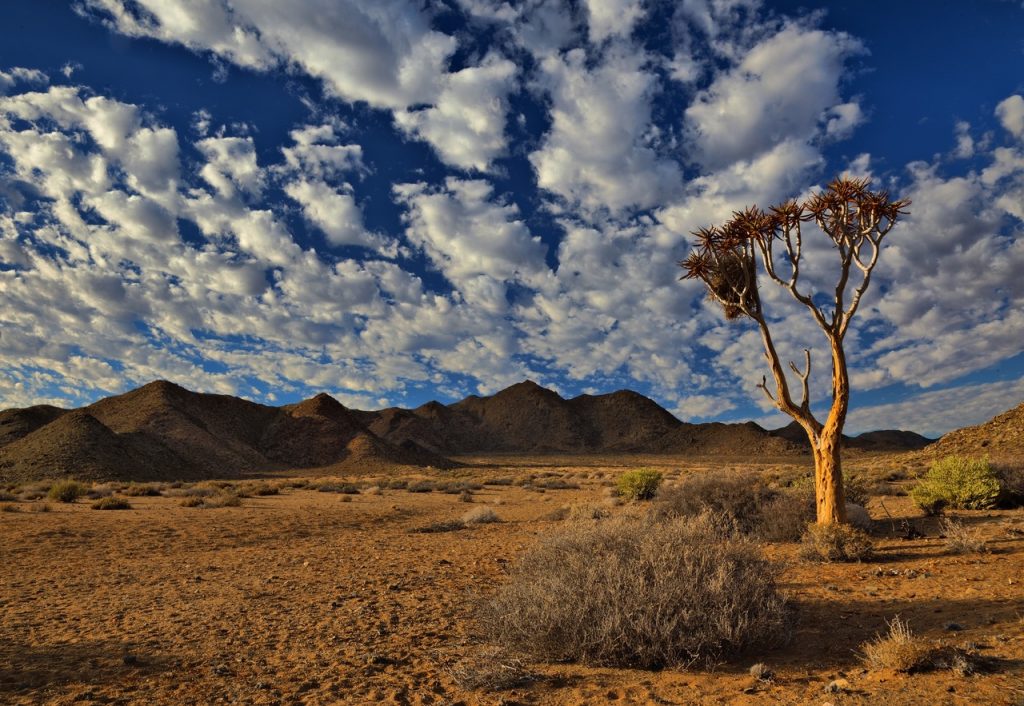
Visa for Africa
A visitor visa for tourism purposes for a period of 90 days or less (except for exempted countries) and a valid passport with at least one blank page for endorsements. A return/onward ticket and a yellow fever certificate if your journey entails travel through a yellow fever zone in either Africa or South Africa.
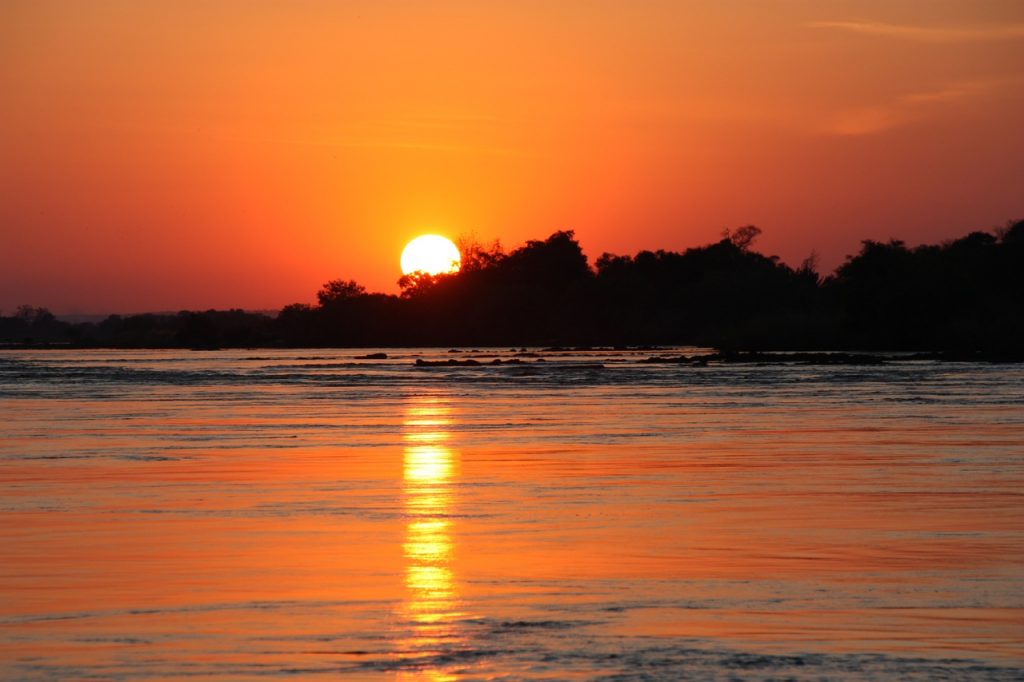
Which country to choose for Safari in Africa
The first question you will probably ask yourself is should I head to East or South Africa because one destination for a safari in Africa is extremely difficult? If you are looking for an inexpensive but diverse destination, that does not focus only on game viewing then South Africa is the better option. Travellers seeking big game experiences and strenuous safaris, more like the ones you see on TV, should opt for East Africa. Habituated mountain gorillas can be spotted in the Central African parks of Uganda and Rwanda, but these areas are remote, expensive and adapted only for the intrepid traveller.
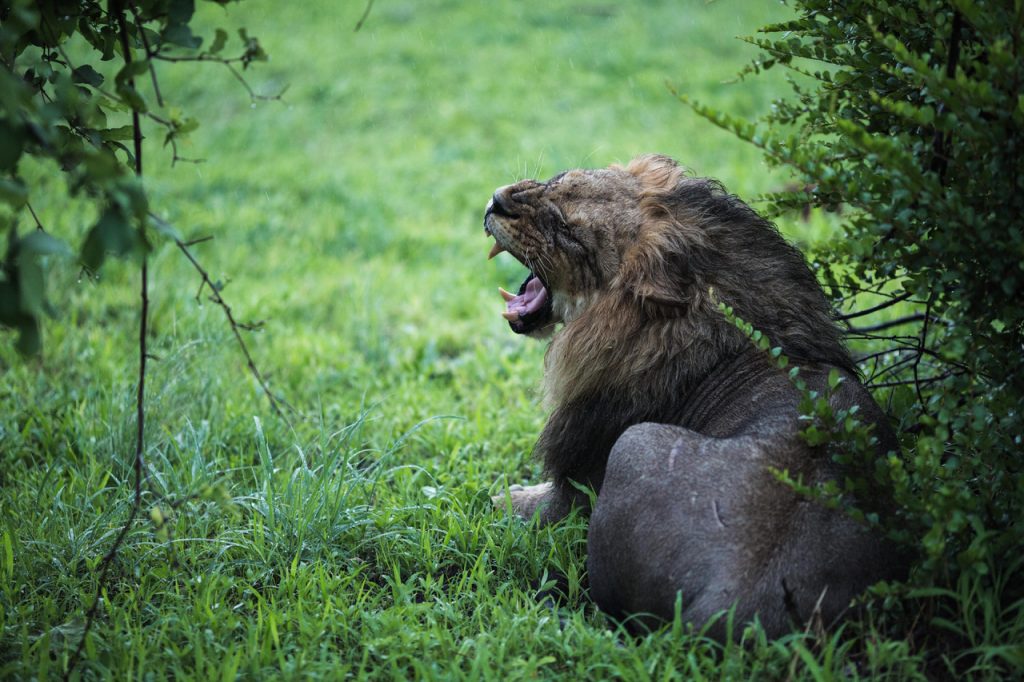
Duration of the visit?
People often forget that Africa is larger than China, Europe and America combined, so taking any amount of time out for a holiday won’t be enough. It is better to focus on just ONE country for ten days, rather than rushing through and missing most things on your trip of a lifetime.
Is it a good family trip?
While every property has age restrictions, if your children are over 8 years of age, there are many lodges which will accept you and offer kid-friendly activities. Each safari lasts up to four hours and can get tiring, so splurge on a destination which focuses on children and have a relaxing time.
When to go?
While every country in Africa has certain weather patterns, there is no bad time as such to go on a safari. Depending on your style, the sub-Saharan region is best from June to October, while January to March is excellent for a break in Cape Town followed by a safari in Kruger National Park.
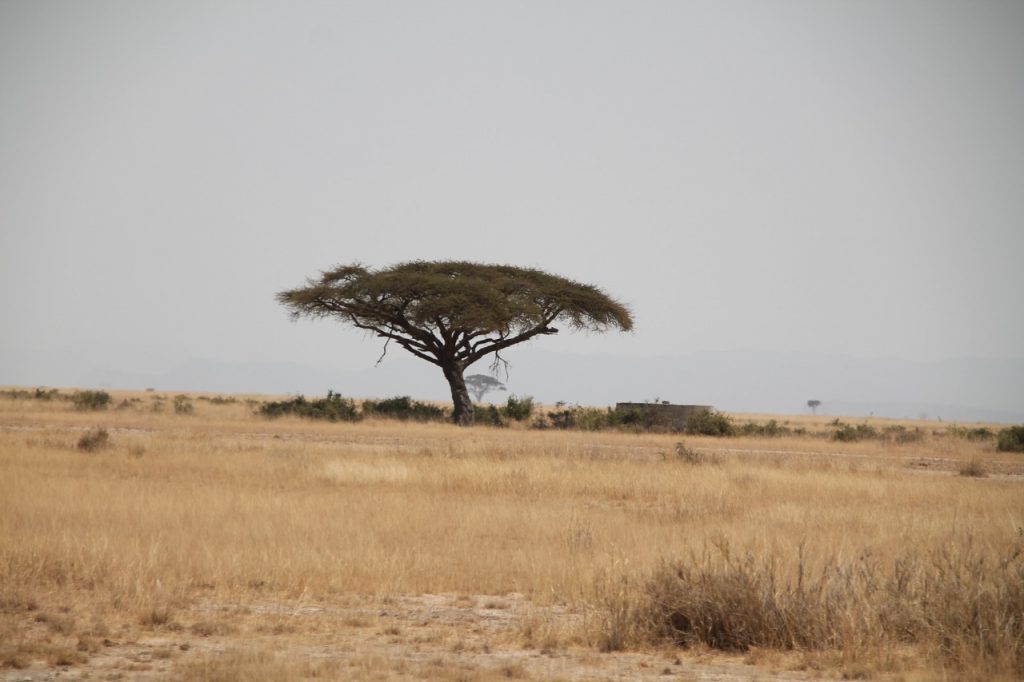
What to pack?
There are many things to consider while packing for an African safari. While the items you carry will be centred on the activities you have got lined up, your entire staff should fit in a small soft-top bag, weighing around 15kg. This is to make it acceptable on the teeny-weeny planes you may take between camps.
Additionally, pack plenty of layers of neutral coloured clothing, a good pair of walking shoes, sunscreen, camera, hat, binoculars, important documents, spare batteries and meditation. Include a warm waterproof jacket for the cold morning and late evening drives in the bush.
How to get there?
You will have no issues for getting into Africa from anywhere in the world. A good selection of European and Asian airports fly to the major destinations of Africa. The main airport hubs of Africa are in Nairobi for East Africa and Johannesburg for South Africa. From here you can connect to any country you want to visit. Once in Africa, the small bush planes can take you right to the scene of action in no time at all. While some people tend to drive, flying is the quickest and the views of the landscape will remain etched in memory forever.
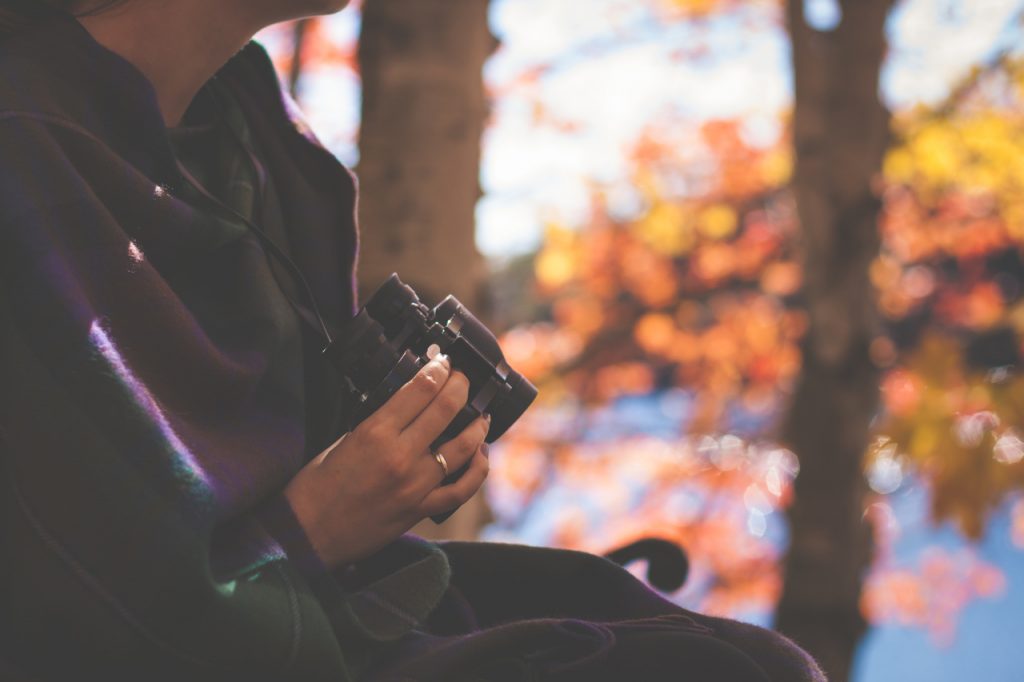
What should be the budget?
While safaris in swanky resorts can cost a fortune, it is not necessary that spending less can’t make a safari more fabulous. It all narrows down to the destination you have chosen. Botswana, for example, can put a dent in your bank account, but there are equally great countries like South Africa, Kenya or Tanzania which are extremely cost-effective. By avoiding peak season and school holiday times, you will get a big difference in prices. Look for special offers given if you choose to travel with one company, like extra nights or family discounts.
Where to stay during Safari in Africa?
Safari accommodation in Africa is as varied as the diverse landscape you will come across from time to time. Lodges, essentially, form the backbone as they come with facilities like swimming pools, spas and restaurants. Then there are tented camps which don’t have all the frills but enjoy adventurous locations. Finally, there are mobile bush camps, which are intimate and move to the best locations, from time to time, as per the movement of the animals. Then there are some excellent private properties, dotted in scenic spots, which can be leased out on an exclusive basis.
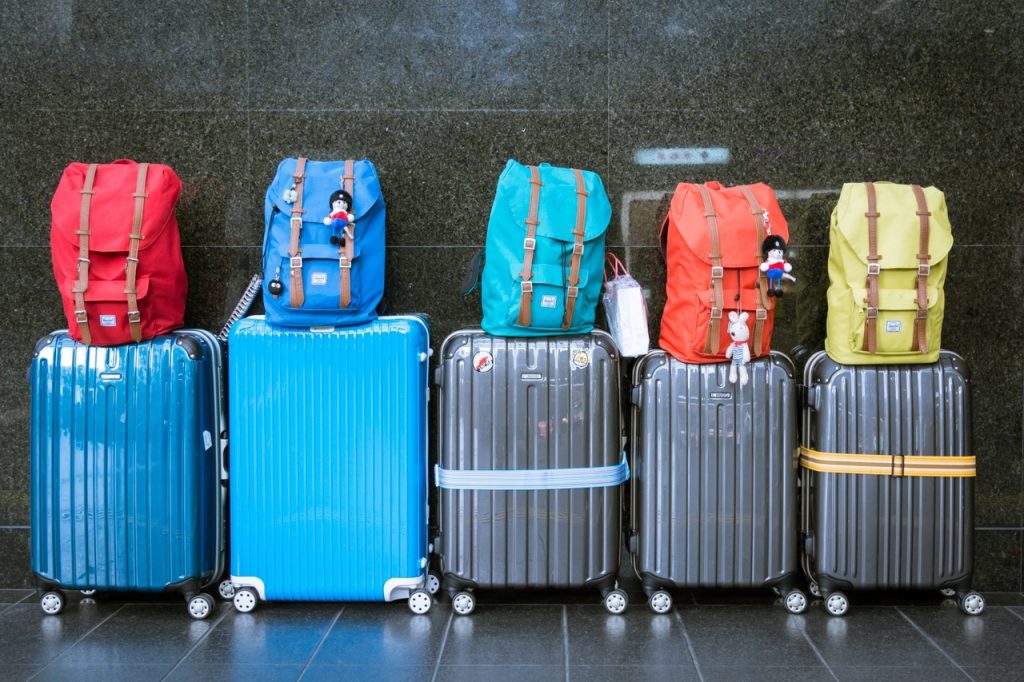
What to expect
While Safari in Africa is mostly about game drives, there are other adventures in the continent to tickle one’s fancy. Some camps offer walking safaris, which provides a novel way to experience wild animals at close quarters. Then there are boat or mokoro safaris that enter areas where vehicles cannot go. For the ultimate wildlife experience, there are horseback safaris where you can gallop alongside a running giraffe and finally, you can opt for a quad bike trip and feel the magic of the African night sleeping under the stars.
Special Safaris
Gorilla tracking in Uganda or Rwanda is one such safari where the object is to see just one animal. Rwanda, is twice as much expensive than Uganda, with regards to permit fees, but it is much easier to see gorillas there. So basically, Uganda as a budget ten-day destination or Rwanda, if money is no object, and your heart is set on getting up close to a silverback.
Africa’s unique landscape and abundance of wildlife make for a magical safari experience. The information proposed here is focused solely on providing you with an adventurous component during the day and a relaxing pillow to lay your head on for the night.
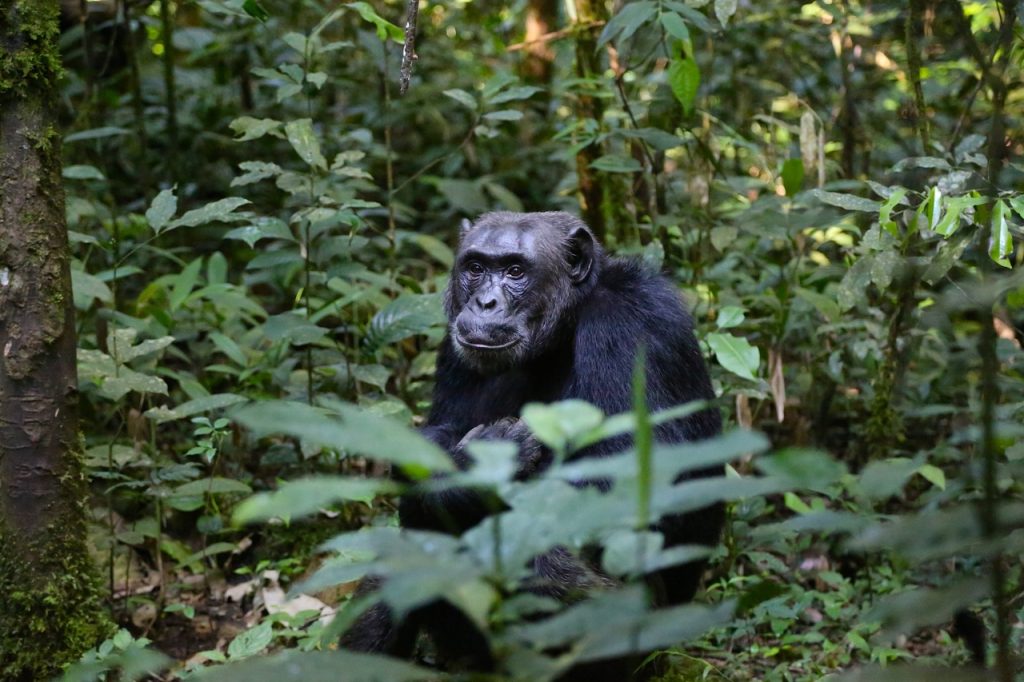
Sustainable tips for Safaris:
- Plan your trip in advance so as to avoid the rush for tickets, permits and accommodations.
- Read a bit about the park/jungle you are about to visit and understand the kind of species seen. Be prepared.
- Wear camouflage colours which will easily blend with the African grassland – shades of green and brown.
- Do not talk loudly or make unnecessary noises.
- Do not wear perfumes or body spray on a safari.
- Do not dispose of plastic or leftover food in the park area. Keep it in your bag or vehicle and dispose of safely once you return to the hotel.
- Do not feed anything to wild animals.
If you liked this blog you would love to read The Wildlife Blog Collection which is a compilation of 70 short stories celebrating some of the most memorable, entrancing and exciting wildlife moments as told by top nature writers from across the globe. From the discovery of a clouded leopard in Borneo’s degraded rainforests to an audience with an African crowned eagle and its unlucky prey in Kenya to the unexpected wildlife of England after dark, there are incredible moments to uncover. You can secure your copy today here.
Disclaimer – This post may contain affiliate and/or commercial links.
Pin the post!
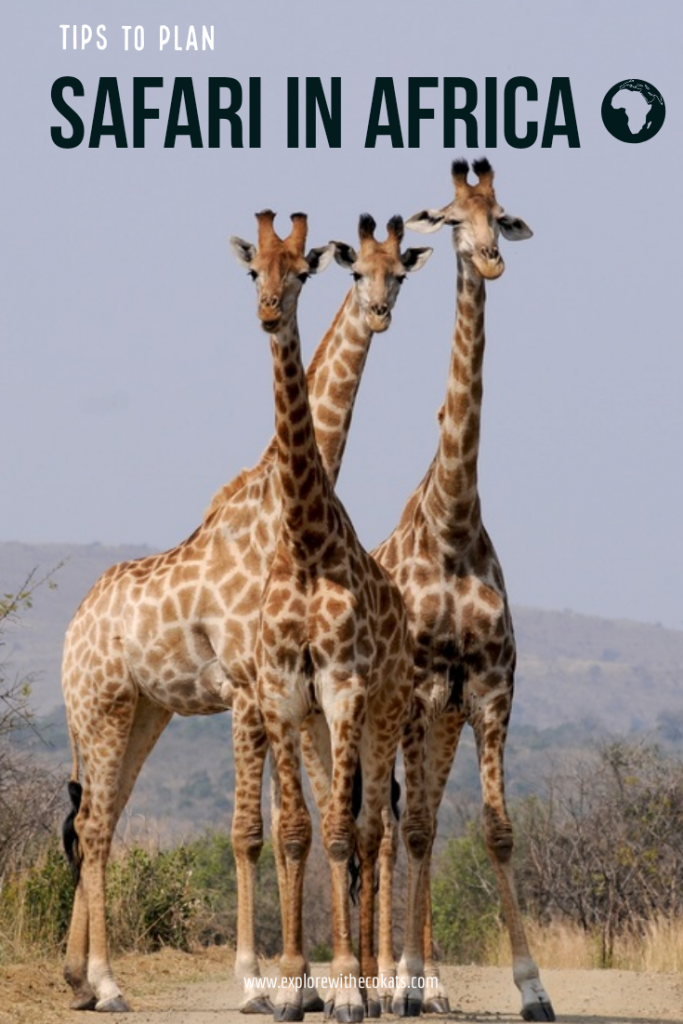
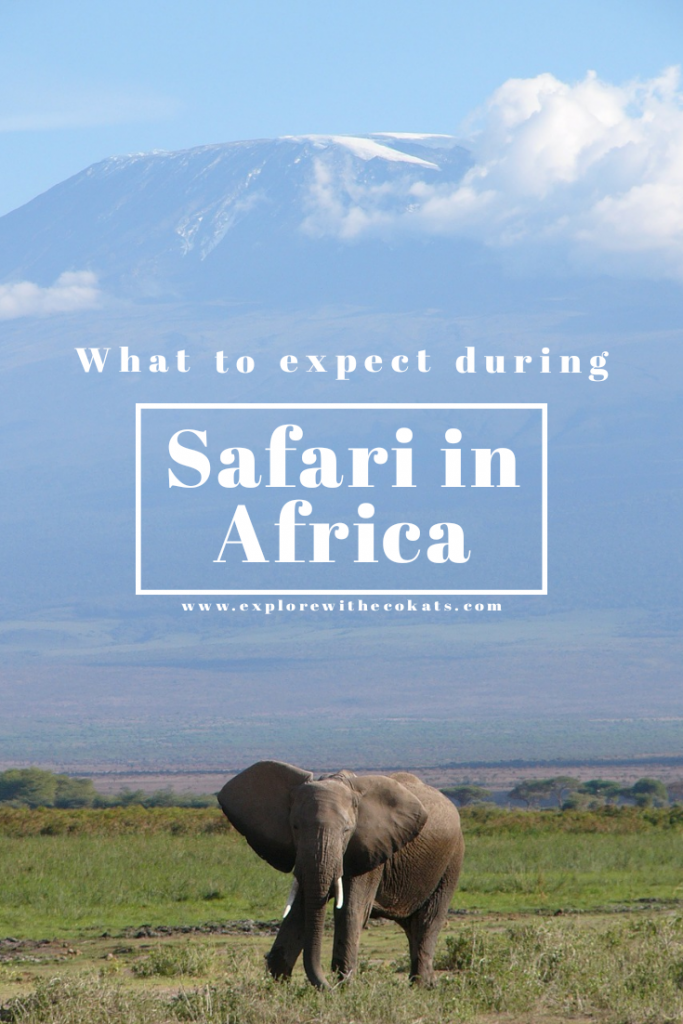

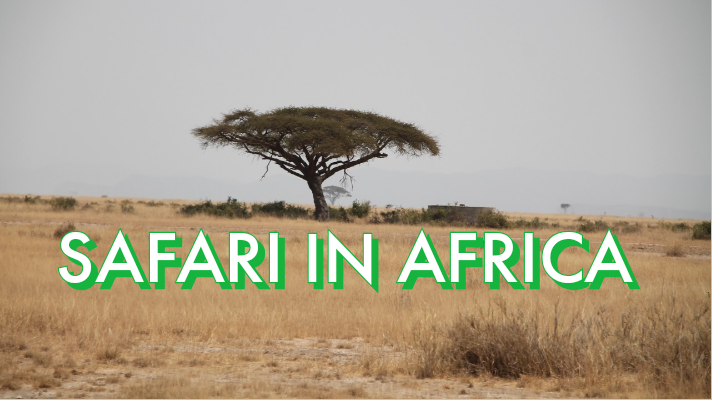
1 comment
Hello Ketaki
Your article is full of information about an African safari.